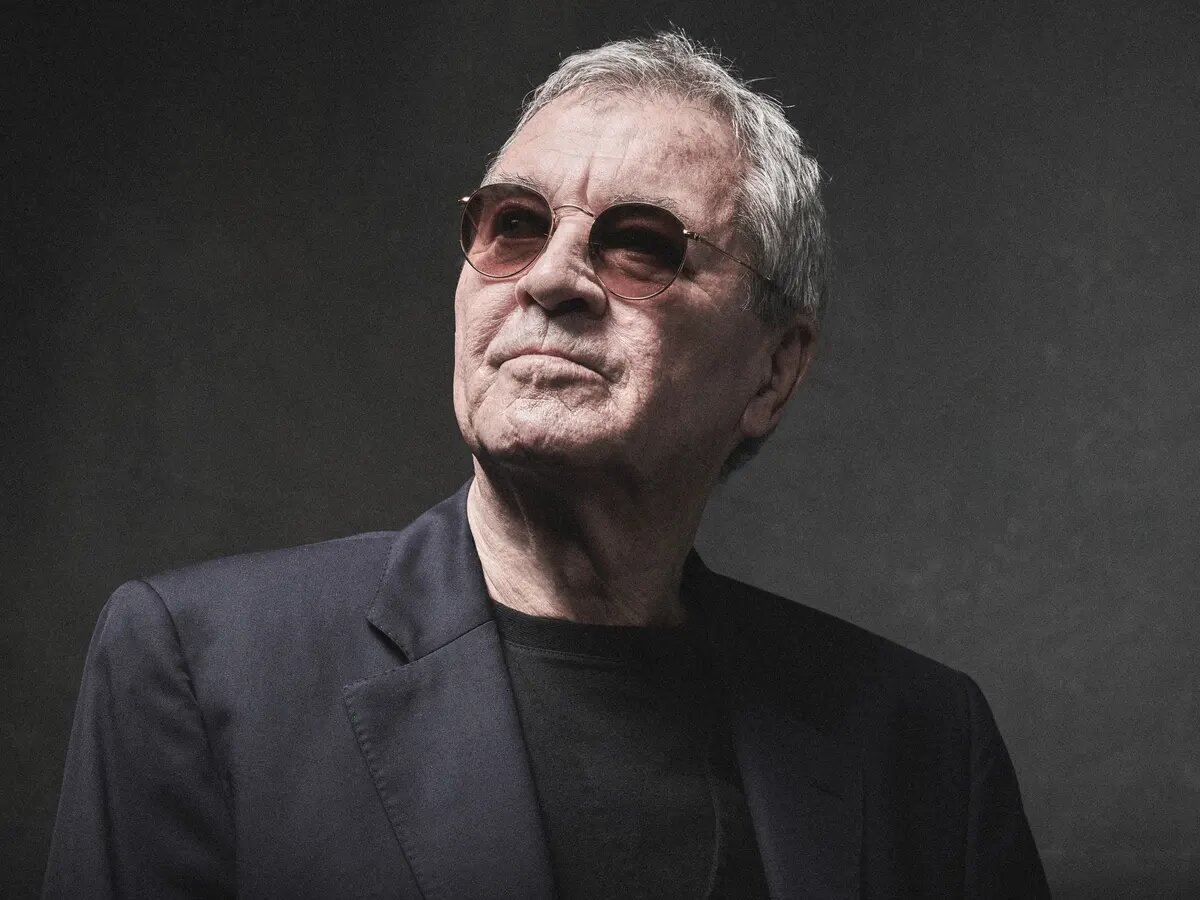
ike the mother of all Seventies flashbacks, the smoke drifted once more across the water of Lake Geneva, and fire strafed the sky, to the sound of power chords fit to crack Mont Blanc. As Deep Purple piled into their most famous hit, “Smoke on the Water”, during their 10th appearance at Montreux Jazz Festival, organisers pulled out all the stops to recreate the 1971 fire at the nearby casino during a Frank Zappa concert that inspired the song.

“We did the show on a stage on the lake that was absolutely spectacular,” says Purple singer Ian Gillan, down the phone from the Zurich mountains a week later. “They raised the backdrop and all of a sudden Lake Geneva was covered in smoke and red lights. The simulation of the fire was pretty impressive, apparently.”
It’s not the only moment of late that Gillan and his fellow seventysomething bandmates – together on and off, in varying formats, since 1968 – might have imagined they were back in the early Seventies, hammering out career-defining albums (1970’s Deep Purple in Rock, 1972’s Machine Head) at the vanguard of a new generation of hard rock pioneers. Their new, 23rd album =1 follows a run of chart hits including top 10 records Infinite (2017) and Whoosh! (2020), suggesting a band in late-career resurgence. Driven, perhaps, by the fact that their audience seems to consist almost entirely of horn-waving Benjamin Buttons.
“It’s very exciting,” Gillan enthuses. “About 15 years ago, something weird happened. There was a whole new generation of fans. Our audiences from about 2009 or 2010 onwards have been mainly 15- to 22-year-olds. That’s been a great input of energy in the shows.” It’s not the classic catalogue they’re after from this notoriously solo-heavy band, Gillan believes, but the sort of virtuosic playing that has also made modern alternative stars of the likes of Khruangbin. “It’s the live shows that they’re into – the improvisation. For me, Deep Purple has always primarily been an instrumental band, and I think that’s what the kids get off on.”
Produced by Bob Ezrin, =1 also throws back somewhat to the sounds, themes and sonic intensity of Purple’s imperial Seventies period, when Gillan, bassist Roger Glover, drummer Ian Paice and since departed keyboard and guitar legends Jon Lord and Ritchie Blackmore were considered part of an “unholy trinity” of British hard rock alongside Led Zeppelin and Black Sabbath. “No Money to Burn” harkens back to his days of pre-stardom poverty – “Roger and I only had one set of clothes between us when we joined Purple in ’69, so we couldn’t go out at the same time,” he says. “I have been very poor at times. In fact, I was recording the other day and I had to steal dog biscuits to feed myself!”
Leave a Reply